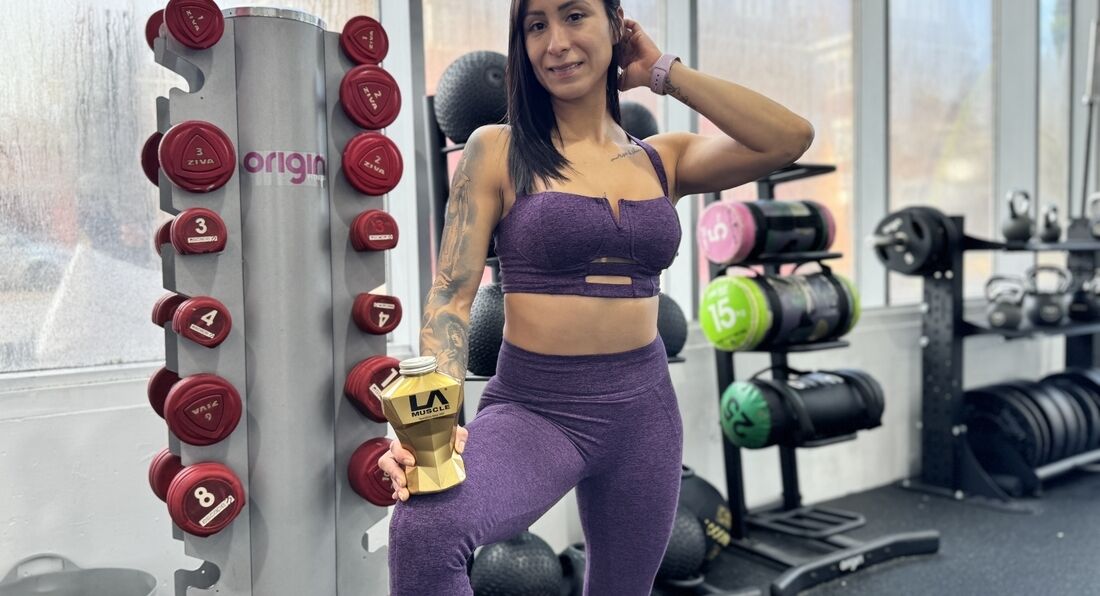The Knowledge > Better Health >
Tuesday, 9th August 2022
6 Foods That Can Prevent Muscle Cramps
How your diet can help
By LA Muscle on 09.08.2022 10:51 am
If you've ever experienced muscle cramps, you know how debilitating they can be. Not only do they make exercising difficult, but they also hurt! If you want to avoid muscle cramps or at least limit their occurrence, try incorporating these five foods into your diet. They're great because they're healthy and safe, so even if you aren't experiencing cramps, these foods will give you the extra nutrients to help keep your body running smoothly.
1. Bananas
Bananas are high in potassium, which is critical for muscle function. They're also rich in magnesium—a mineral that helps muscles relax. Bananas contain fibre, which contributes to regular elimination and digestion. If you want to prevent cramps while training or playing sports, try adding bananas to your diet.
2. Spinach
Spinach contains lots of iron, magnesium, potassium, calcium, vitamin C and vitamin A. It's also an amazing source of vitamin E and vitamin K. This makes it a great way to help keep your muscles strong and healthy.
If you don't like the taste of spinach on its own (or steamed), try adding it into smoothies or salads.
3. Watermelon
Watermelon contains lots of water and electrolytes, minerals that help your body get rid of excess fluid.
Electrolytes help your body maintain the proper balance of fluids and salt in the blood, and if you're sweating or training intensely, you can use these electrolytes quickly.
It helps keep your muscles hydrated. It also contains potassium, vitamin C and lycopene—all of which are important for muscle function.
4. Pickle juice
If you have a severe case of leg cramps after exercise or during sleep, drinking pickle juice may help relieve the pain almost instantly if you don't have time to eat something else first. Drinking just one tablespoon can be enough; however, two tablespoons would be better if possible because they contain more sodium (which helps to replenish fluids lost during sweating) than just one tablespoon does. In addition, pickle juice is a good source of electrolytes essential for muscle function.
5. Whole grains
Whole grains are rich in fibre which will help regulate bowel movements, thus improving overall digestion system health. In addition, it prevents constipation which could lead to muscle cramping due to lack of movement within the intestines due to excessive build-up over time, causing pressure exerted upon surrounding organs, causing discomfort while digesting food.
Whole grains are rich in magnesium, an essential mineral that helps your body maintain muscle function. Magnesium is known to help prevent muscle cramps and spasms by relaxing tense muscles. It does this by stimulating an electrical flow in the body through calcium channels and preventing calcium from building up in the cells.
6. Avocado
Avocado has a high potassium content, which helps maintain the balance of fluids in the body. Potassium also helps maintain normal blood pressure, muscle and nerve function, and blood sugar levels.
Conclusion
So, while no one food will prevent muscle cramps entirely on its own, it's worth adding some of the above options to your diet if you're looking for a little extra support. And regardless of what foods you choose, ensure that you stay hydrated and get plenty of rest—your muscles will thank you!





























